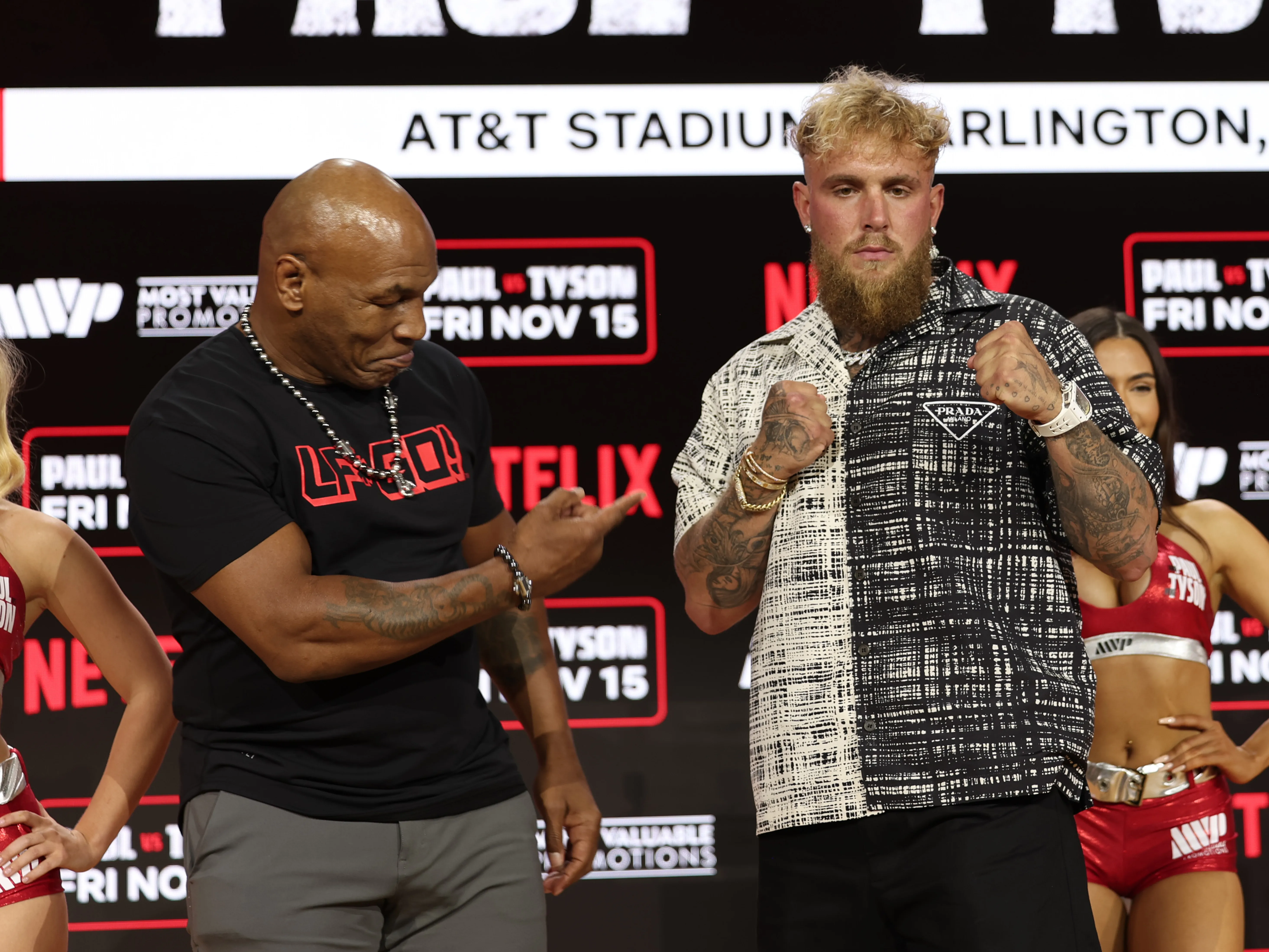Ben Askren"s Health Crisis Sparks Controversy
Ben Askren, a former UFC fighter, has recently undergone a life-saving double lung transplant after battling severe pneumonia. His wife, Amy Askren, took to social media to express her gratitude for the donor"s family, emphasizing the long road ahead in her husband"s recovery. As reported by the New York Post, this emergency comes amid a broader conversation about health equity, particularly in the context of organ transplants.
UFC"s Financial Giants and Their Disappointing Responses
Despite the dire circumstances, the reaction from UFC"s CEO Dana White has been met with backlash. White, a billionaire with a net worth exceeding $500 million, suggested fans donate to a fund for Askren rather than offering personal financial assistance. This decision has ignited a firestorm of criticism across social media platforms, highlighting the disparities in responsibility among wealthy individuals in the sports industry. As reported by Fox News, the public is questioning why those with substantial resources are not stepping up in moments of crisis.

Mike Tyson vs Jake Paul Netflix documentary series details
Jake Paul"s Unexpected Generosity Shakes the MMA Community
In stark contrast to White"s inaction, social media influencer and fighter Jake Paul has emerged as an unexpected hero. After voicing his frustrations about the lack of support from high-profile figures in the UFC, Paul donated $500,000 to cover Askren"s transplant costs. This act of generosity not only demonstrates a commitment to community but also highlights the disparity between corporate responsibility and individual action. According to sources, Paul"s donation has been pivotal in alleviating the financial burden on Askren and his family during this critical time.
Healthcare Inequities in the Spotlight
This situation underscores the broader systemic issues surrounding healthcare access in the United States. Disparities in organ transplant access are well-documented, particularly affecting marginalized communities. Research indicates that socioeconomic status, race, and geographic location play significant roles in who receives life-saving organs. A scoping review reveals that most studies focus on patients already on the transplant list, neglecting the barriers preventing many from even getting that far. As noted in a recent article in PubMed Central, these inequities are exacerbated by the prioritization of certain patients over others based on arbitrary criteria.

Dana White cancels UFC 279 press conference "for everybody"s ...
The Need for Systemic Change
The current organ transplant system requires urgent reform to address these disparities. Experts have called for a comprehensive examination of the policies governing organ allocation and a shift toward prioritizing equity in access. As highlighted in discussions among researchers, the conversation around healthcare reform must also consider the social determinants that lead to health disparities in the first place. The urgency of this situation is magnified when we see how quickly a health crisis can escalate, particularly for individuals like Askren who are subject to the whims of a flawed system.







![[Video] Gunfire between Iraqi security forces and Sadr militias in Baghdad](/_next/image?url=%2Fapi%2Fimage%2Fthumbnails%2Fthumbnail-1768343508874-4redb-thumbnail.jpg&w=3840&q=75)
